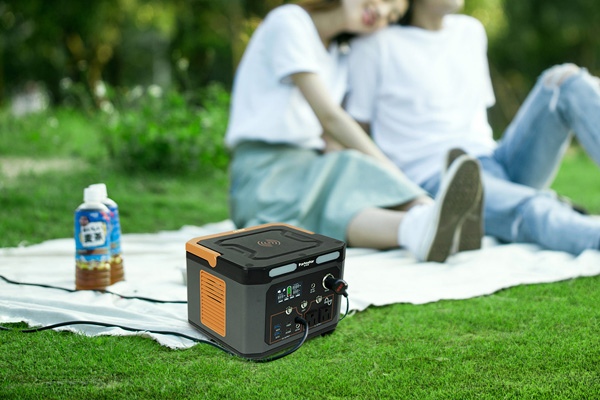Battery-powered generators have become increasingly popular as a source of backup power for homes, offices, and outdoor activities. However, it's essential to operate them safely to avoid accidents and injuries. In this article, we'll discuss how to safely operate a battery-powered generator.
1. Read the Manufacturer's Instructions
The first step in safely operating a battery-powered generator is to read the manufacturer's instructions. The instructions will provide you with information on how to use and maintain the generator properly. This includes information on how to charge the battery, how to operate the generator, and how to store the generator.
2. Use the Generator in a Well-Ventilated Area
It's essential to use the generator in a well-ventilated area to prevent the buildup of harmful fumes. Carbon monoxide is a colorless, odorless gas that can be deadly if inhaled in large quantities. Always operate the generator in an area with plenty of ventilation, such as outdoors or in a well-ventilated garage.

3. Keep the Generator Dry
Keep the generator dry to prevent electrical shock and damage to the generator. Avoid using the generator in wet or damp areas, and do not touch the generator with wet hands.
4. Use the Generator on a Flat Surface
It's important to use the generator on a flat surface to prevent it from tipping over. This can cause damage to the generator and result in injury to the operator.
5. Do Not Overload the Generator
Do not overload the generator by plugging in too many devices or appliances. This can cause the generator to overheat and potentially start a fire. Always check the generator's wattage capacity and make sure not to exceed it.
6. Keep Children and Pets Away
Keep children and pets away from the generator to prevent accidents and injuries. The generator can cause burns or electrical shock if touched.
7. Turn Off the Generator Before Refueling
Turn off the generator before refueling to prevent fires and explosions. Gasoline is highly flammable, and a spark from the generator can ignite it. Always allow the generator to cool down before refueling.
8. Store the Generator Properly
Store the generator properly to prevent damage and accidents. Keep the generator in a dry, well-ventilated area away from flammable materials. Always store the generator with the fuel tank empty.
9. Perform Regular Maintenance
Performing regular maintenance on the generator is essential to ensure safe operation. This includes checking the battery terminals for corrosion, inspecting the generator's components for signs of wear and tear, and cleaning the generator's exterior.
Conclusion
Safely operating a battery-powered generator is essential to prevent accidents and injuries. Always read the manufacturer's instructions, use the generator in a well-ventilated area, keep the generator dry, use the generator on a flat surface, do not overload the generator, keep children and pets away, turn off the generator before refueling, store the generator properly, and perform regular maintenance. By following these guidelines, you can ensure safe and reliable operation of your battery-powered generator.



